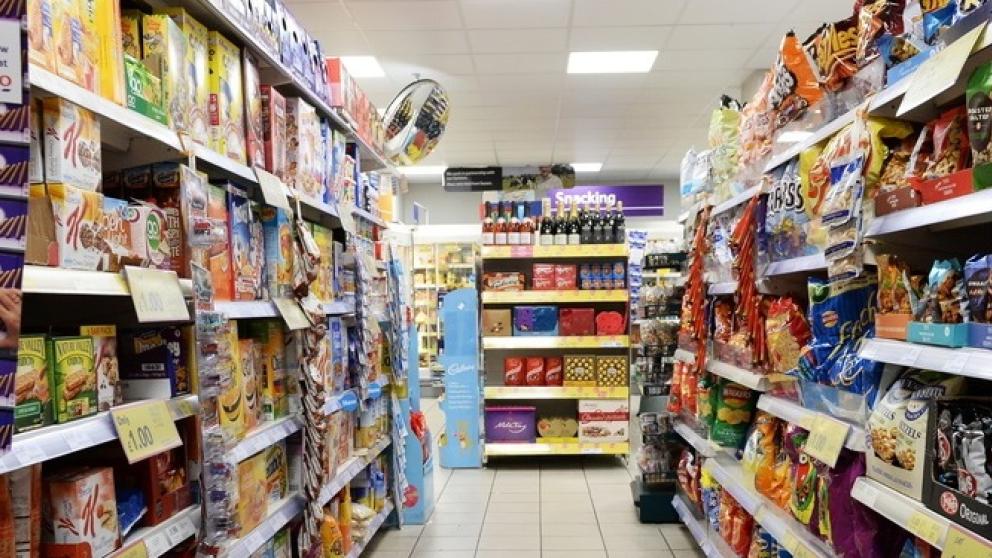
Christmas High Streets and supermarket sales figures are coming thick and fast and the picture looks bleak for many retailers, while the British Retail Consortium is saying last year was the worst for retail in 25 years. Dr Gordon Fletcher, retail expert at the University of Salford Business School, has looked at what might be going on and says it’s about more than just competition from online, we may just be consuming less.
Dr Fletcher said: “With the annual round of Christmas trading results come in from the high street retailers there is a familiar tone. There has been another drop in sales as predictions have not even met last year's poor results let alone the buoyant figures that could be expected in the days before e-commerce.
“This year's numbers also hint to a new factor in the evolving high street story. Are consumers changing and to an extent consuming less? The results from Morrisons show declines in their sales of food and drinks and positions them as the worst performing of the supermarkets. The resignation of John Lewis's MD also points to a tough progress with the group's reorganisation which includes Waitrose. The business model of the supermarket or the department store hosting rows of mass consumption brands is proving ever less popular for better informed resource-aware, climate-conscious consumers.
“In previous year's explanations for poor Christmas trading figures have been levelled at the competitive clothing sector or in areas such as toys and household items. And this remains the reason given for Sainbury's lower results closely linked to its ownership of Argos. The decision to avoid heavy discounting among the big retailer has prevented results from being even worse. Tesco's results even show slight growth primarily because of the performance of Booker Cash and Carry stores. This brings further evidence to the change in consumer behaviour where wholesale equates to bulk purchases and even a return to a preference for the model of the traditional drysalter where goods are sold by weight and taken home in the consumer's own containers.
“Poor results at the supermarkets do suggest that we are actively and collectively consuming less during the festive session. It is more conjecture as to whether Britain is just trying to pocket the savings, was simply enthralled into inaction by the unfolding politic drama or applying themselves to more active and healthy lifestyles in the surprisingly warm Winter months.”
For all press office enquiries please email communications@salford.ac.uk or phone 0161 295 2238.
Share:
